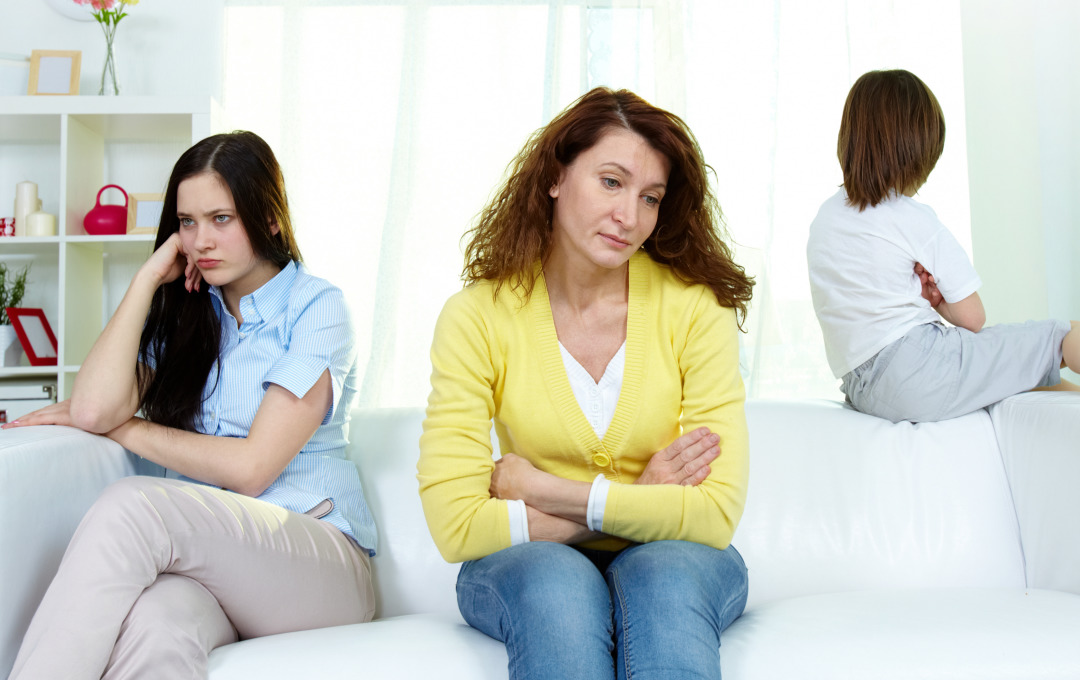Creating space to feel heard

One of the most important ways to prevent homelessness is to support people to develop strong, mutually supportive relationships. Lauren Burr, Family Outreach Worker with Cyrenians, explores how important it is to make space for conflict in order to rebuild trust.
In my role, I work with families from all backgrounds who are struggling to find a way to be heard by one another. This can be caused by any number of things, and often presents itself as an ‘us and them’ situation where both the young person and the adults in the situation feel like they’re sitting on polar opposite sides of one another. The resulting conflict can feel unmanageable and never ending, and can result in the young person being asked to leave home.
That feeling of conflict being unresolvable often isn’t the case, and a lot of what I do is making sure that everyone in the family has time to work through their own feelings. Understanding your own frustrations, and breaking down the reasons contributing to it, is how we start to find common ground. Often, a lot of the issues are made worse by external factors, and when you strip those away and help people work back to a time that felt good, happy, and safe, we can start to unpick where things ‘went wrong’.
None of the families I support are facing anything unusual, conflict is a part of life. Understanding how to overcome conflict it is a learnt skill and often, people are taught to handle it in obstructive ways, for example by ignoring a problem until it's too big and loud to be ignored!
I started this role just before the pandemic hit, and the conversations I needed to have became even more difficult over a screen. People felt trapped over the past two years, they were in each others spaces all the time which can be a struggle for anyone, never mind for families who already feel out of touch with one another.
I’ve been grateful for those moments though – feeling like I was holding a safe space for people while the world felt unpredictable. Admittedly it’s been difficult, without body language, or the opportunity to walk in the park together, share breakfast, or have tough conversations that won't be overheard by someone in the next room, has made building trusted relationships a slower process.
When we started being able to do those walk and talks and café chats again, I noticed a huge difference in the progress we were able to make. It also positively impacted my colleagues who had for a long time been holding on to all the emotions and concerns that come with supporting people who are having a tough time, alone, in their own homes.
The most important thing about what I do is making sure everyone, the young person, and their parents or carers, understand that the outcome might not be exactly what they want – but it will be what they need and we’ll get there together. Knowing I won’t take sides helps people be honest about why they react the way they do. Sometimes, parents realise they’re repeating things they learnt from their own parents, other times, young people understand how to better communicate their needs.
Whenever I start working with a new family, they’ll often admit they feel like they’ve failed somehow, but if that were true they wouldn’t have reached out to us. Wanting things to be better is a real show of commitment and love. Conflict is a part of life, learning how to work through it is an act of love.